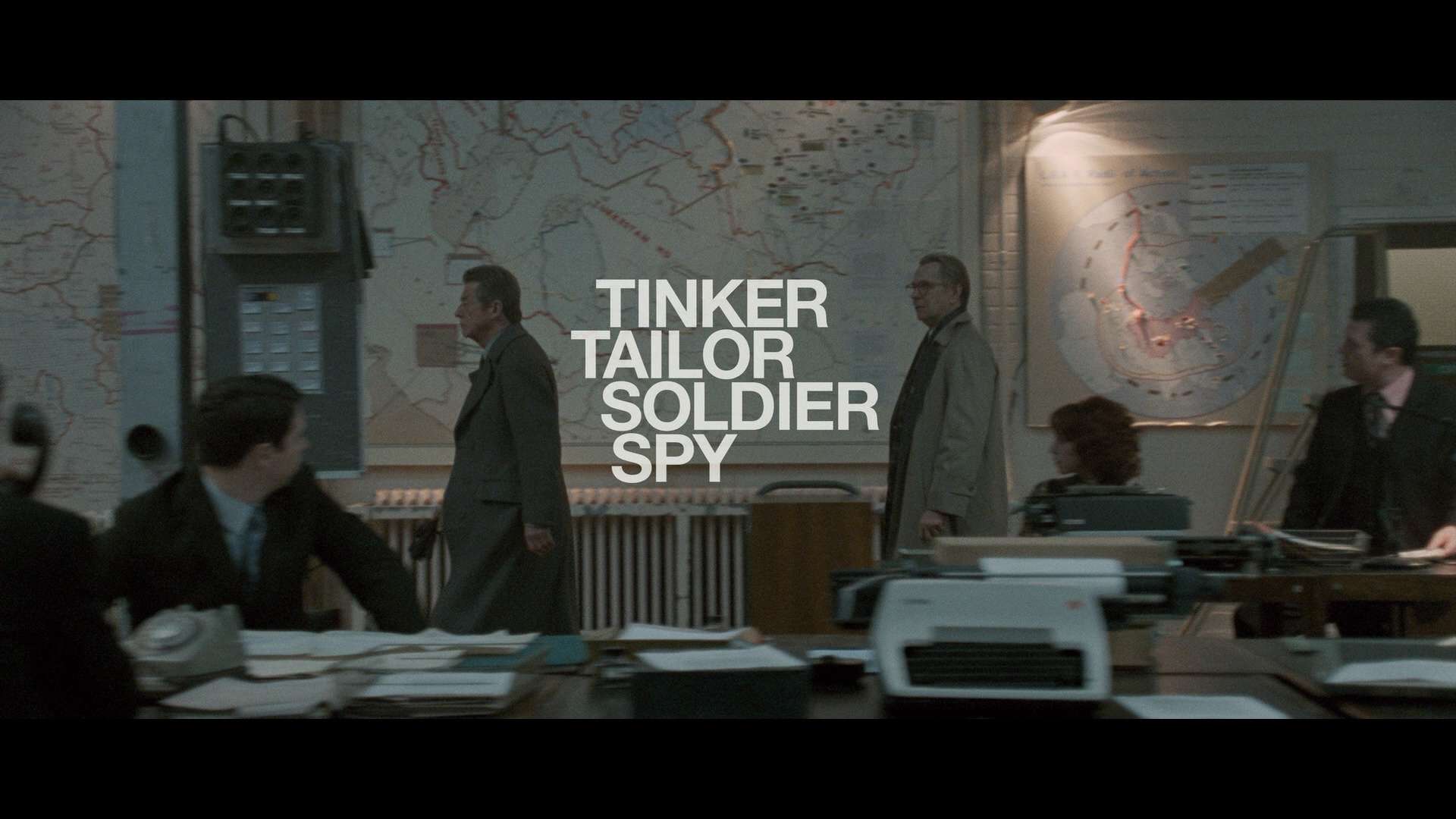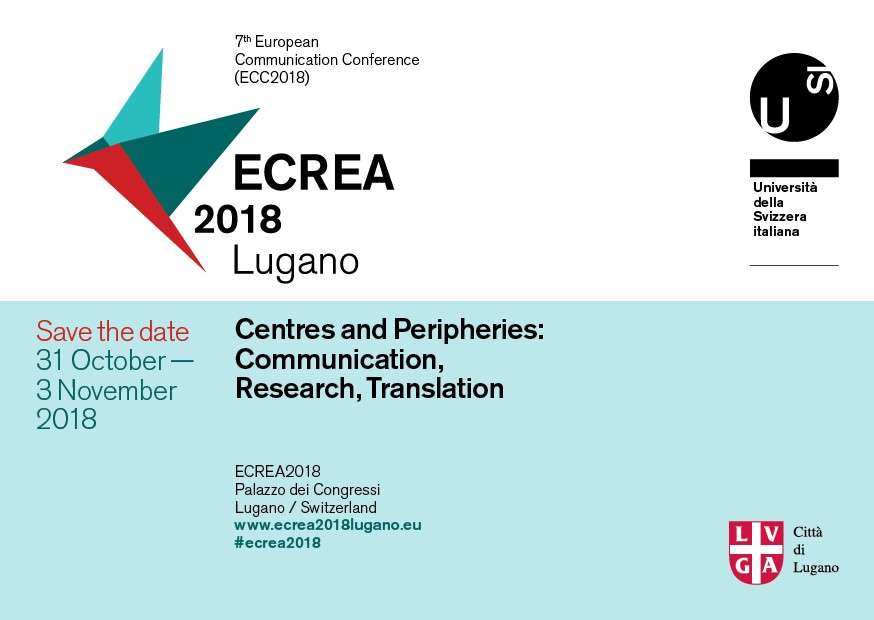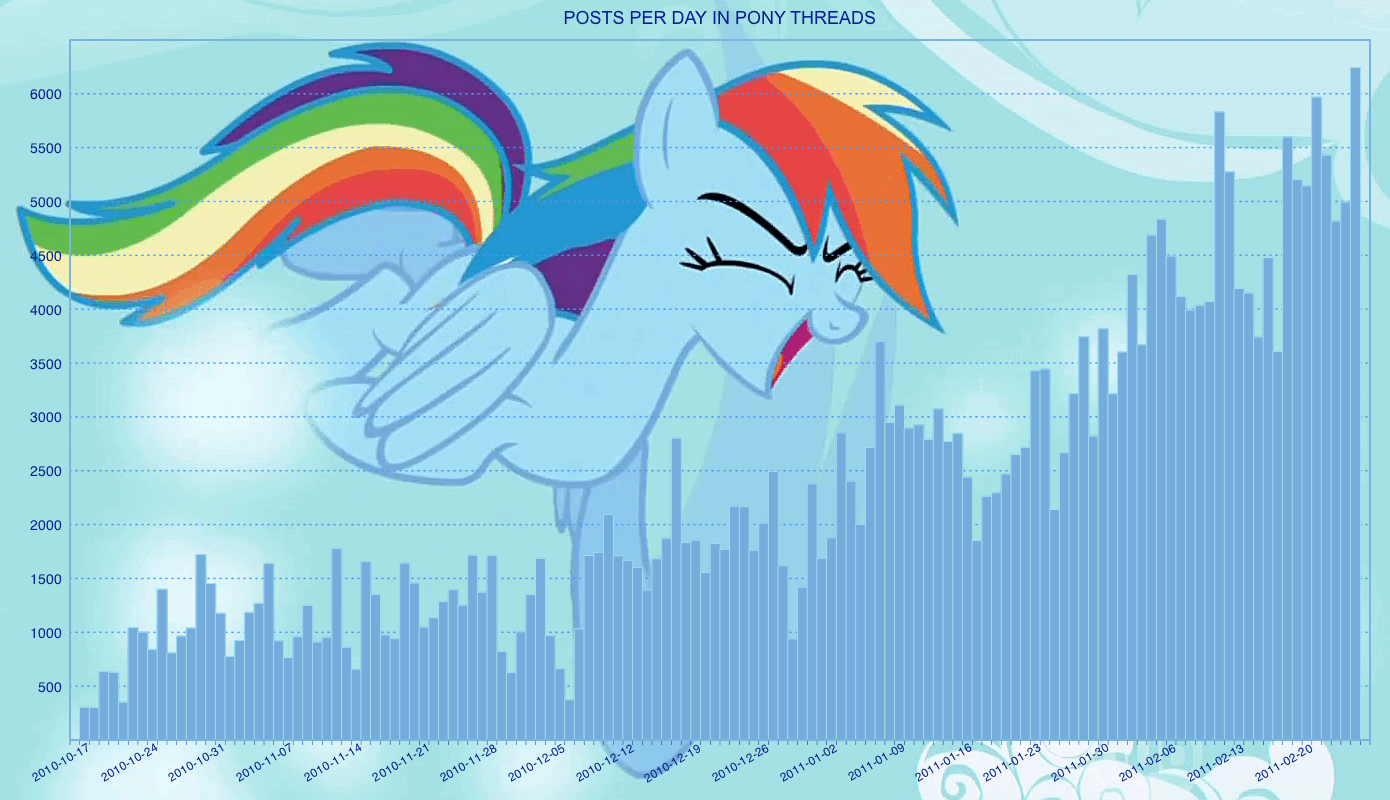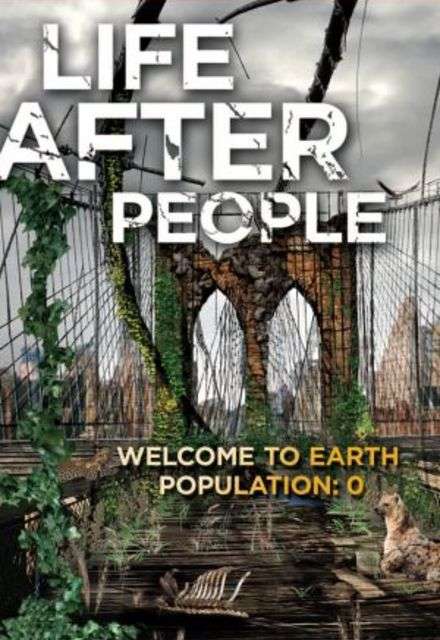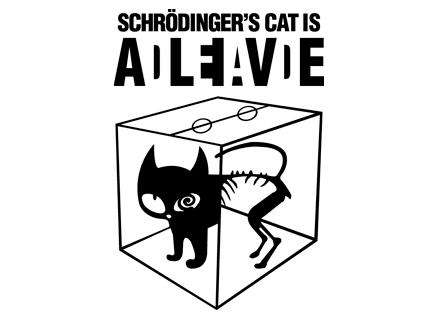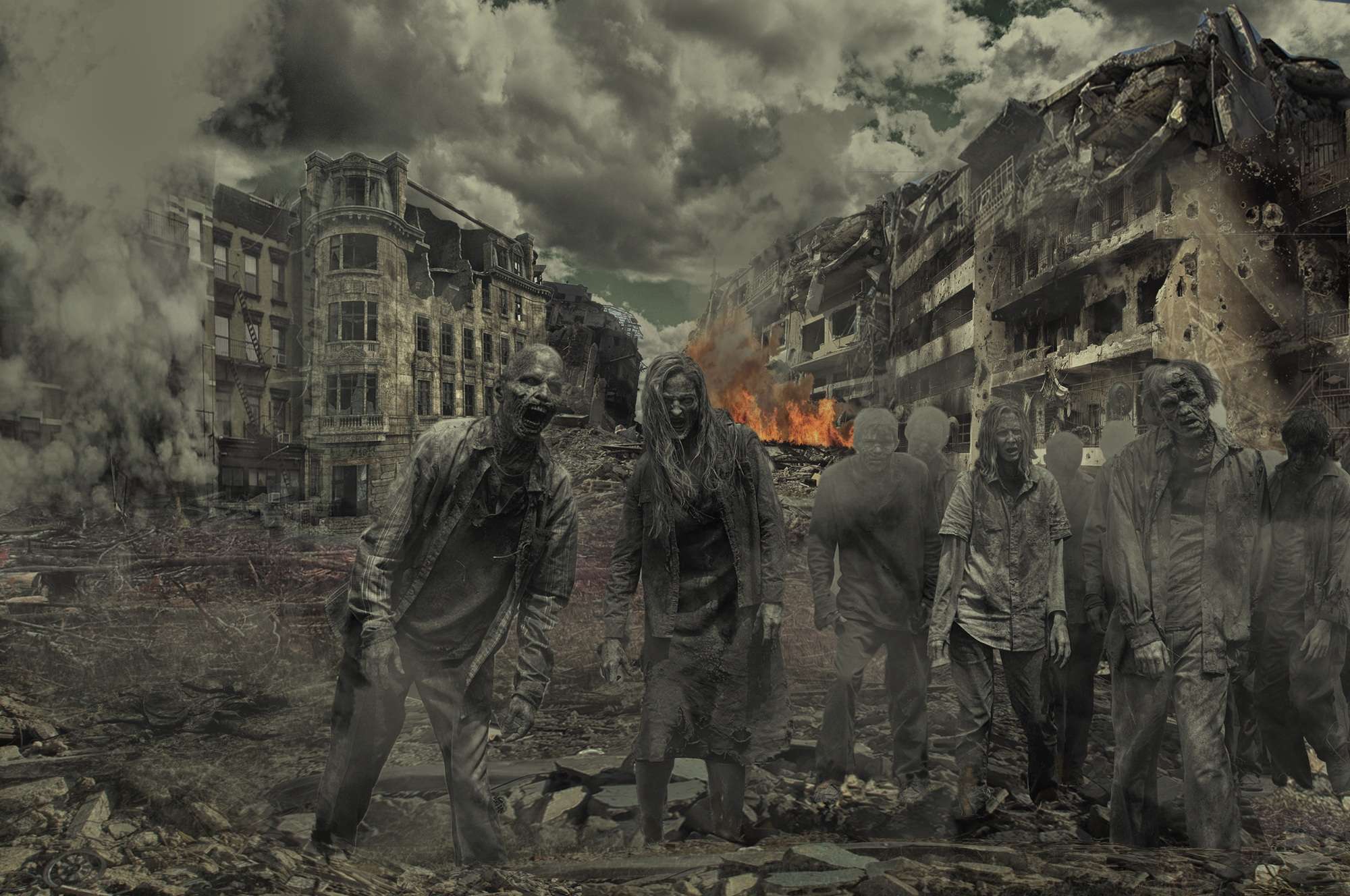
One Day Symposium, 28th April 2018, University of Edinburgh Keynote Speaker: Dr. Sorcha Ní Fhlainn (Manchester Metropolitan University) We live in scary, uncertain times. In recent years, we have witnessed the rise of hard-line nationalism, the ascendency of racist alt-right politics and attacks on the increasingly fragile-looking institution of democracy.

